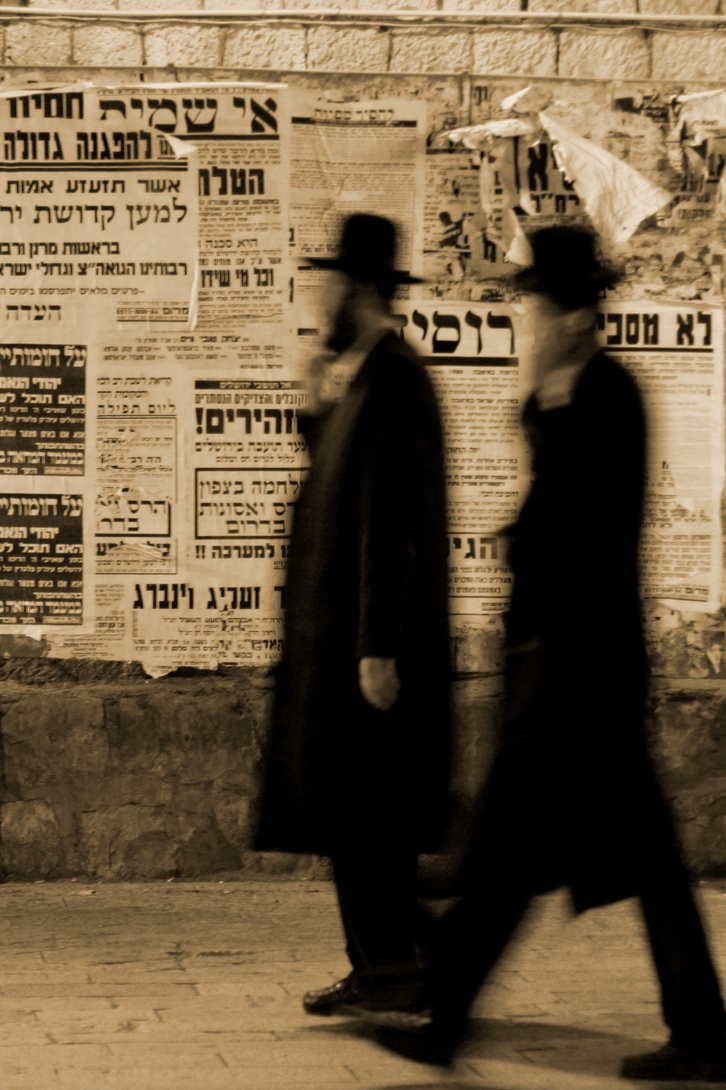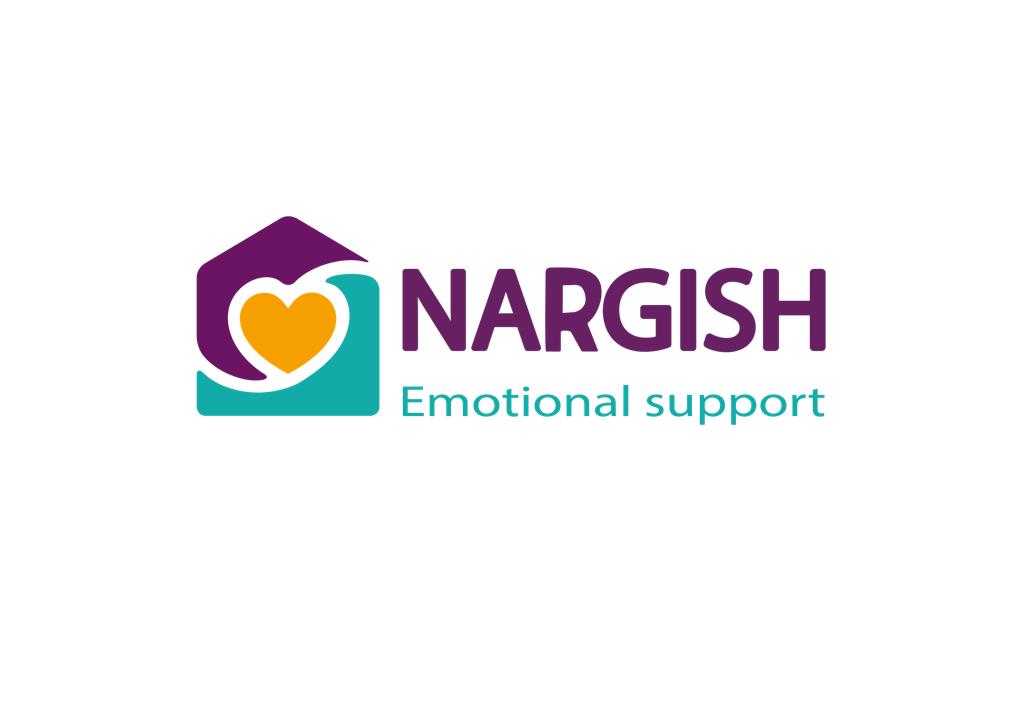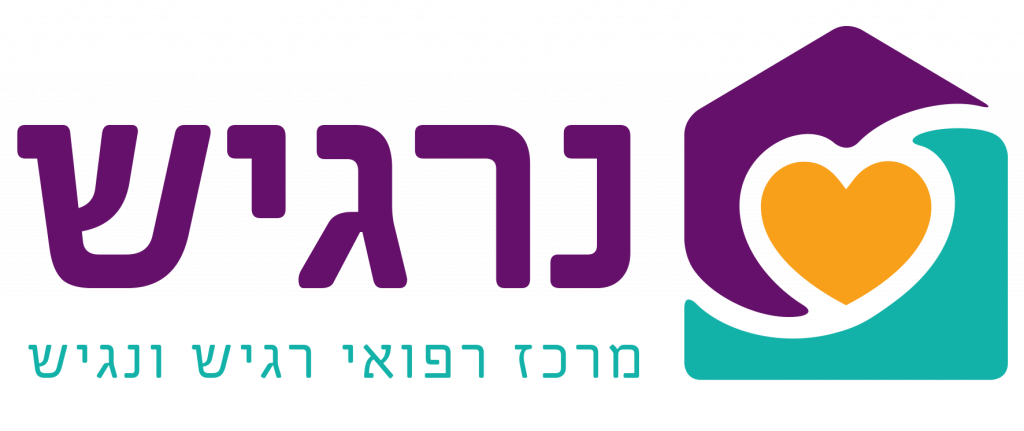Today, “Long Covid” is a common term according to all medical professionals. This term was born in light of the direct impression of competent authorities who treated those affected by the coronavirus pandemic and those around them. In fact, even if a person or a family member did not contract the coronavirus, this does not mean that they are exempt from the symptoms of the damage, known today in the professional term “Long Covid”.
The coronavirus crisis has hit all populations in the State of Israel economically, but the ultra-Orthodox population has been hit harder since weak populations in the labor market are more affected, and because it is known that the recovery time of weak and vulnerable populations in the labor market is longer and is likely to be more difficult. The lack of proper economic activity and the reduction of transfer payments from the state or other bodies, directly affected the reduction of material in households, and hence the way to harm education as an additional commodity, was very short.
Therapists say that entering and existing the lockdowns, while thoroughly disrupting the routine of life, also contributed to increased stress within the family. As a result, the phenomenon of boys and girls, as well as adults who began to engage, sometimes out of utter boredom and not malice, in activities that were not welcomed by the heads of the family or the community, has increased. As a result, parents were sometimes forced to distance themselves and the rest of the family from those who engaged in these activities, in an attempt to “save” the rest of the family from the same unwanted behavior. Of course, this conduct undermines the structure of ultra-Orthodox society, as well as the structure of society in general in the sense that it greatly harms both the one who struggles and the family unit. At time, those people find themselves on the street and are exposed to all the dangers involved, especially when they are under the influence of emotional stress, anxiety, etc.
At “Na(r)gish”, like many great figures before, and before the personal or family situation deteriorates in an irreparable way, we see it as a real mitzvah to promote and balance discourse and communication between human beings. We try to bridge gaps through a dialogue between a therapist and a participant, or alternatively between a therapist and family members, thus preventing exacerbation or social deterioration of the state of affairs. The center’s staff will not engage in external content that may lead to exposure to unwanted culture. The center’s staff also undertakes to provide the identity and the sex of the therapist (male / female), at the request of the client, the family or the rabbi.








